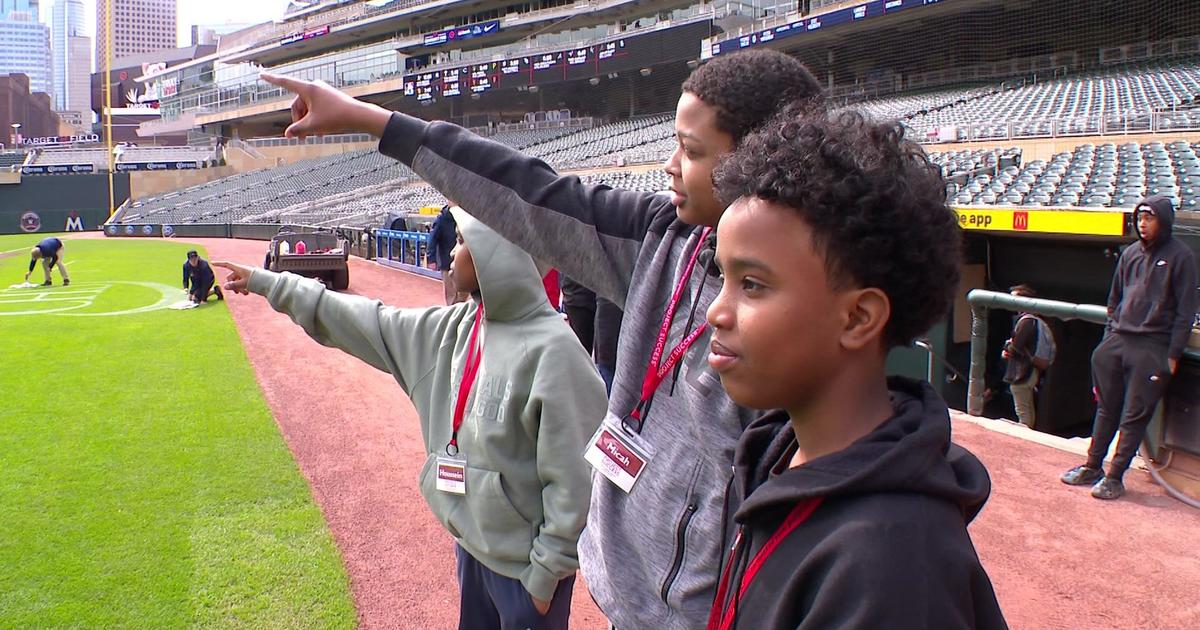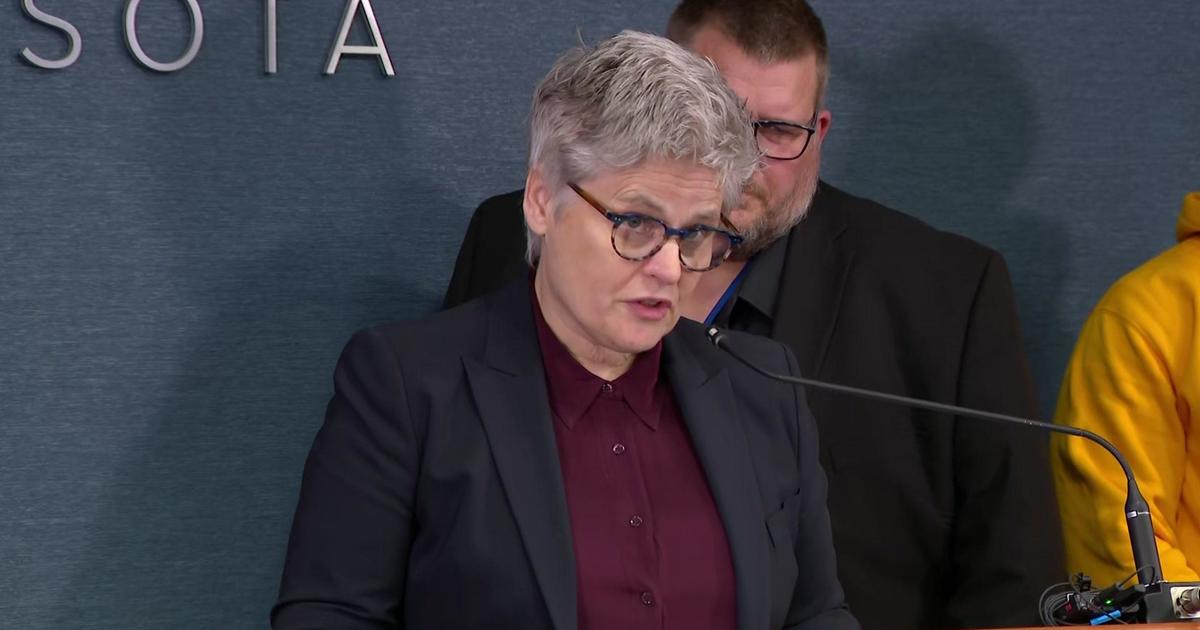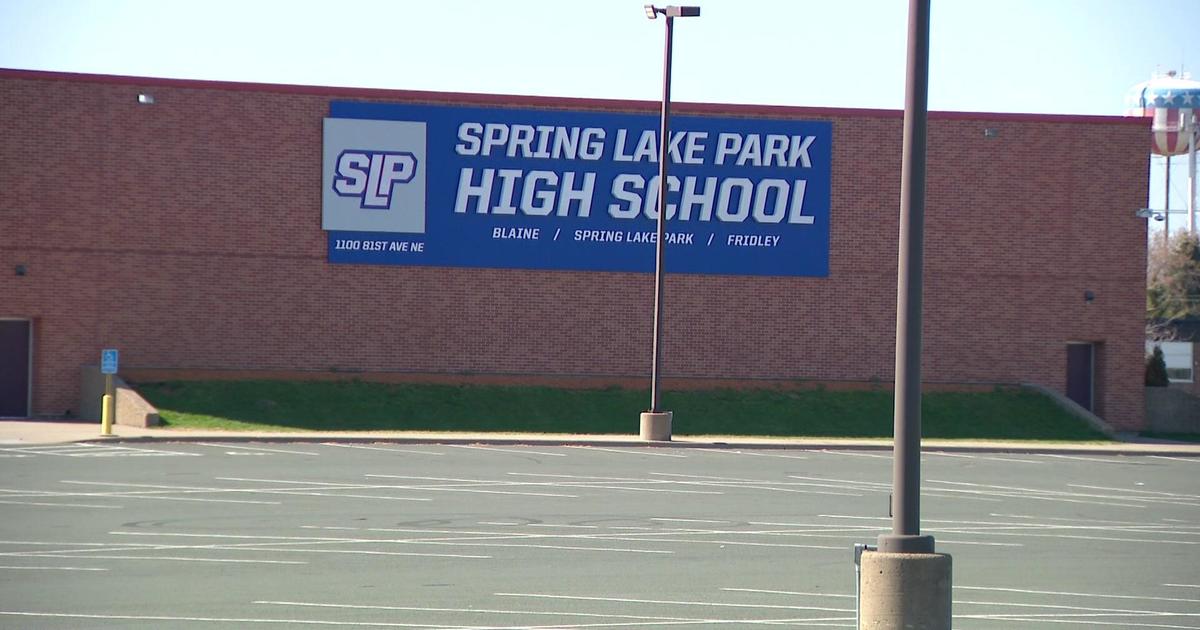Judge signals jury deliberations could start next week in Plymouth road rage murder trial
MINNEAPOLIS -- The fifth day in the pivotal trial for the man accused of killing a youth baseball coach included no testimony but rather heated discussions among attorneys and the judge over more evidence related to the suspect's record and interactions.
Judge Nicole A. Engisch on Friday ruled that prosecutors will be permitted to play audio recordings of phone calls made by Jamal Smith from jail, including to his girlfriend Rondelle Hardin.
According to prosecutors, Smith's phone calls included instructions to take down his social media profiles and for Hardin, specifically, to not cooperate with police.
"I see no unfair prejudice," Engisch said in having the recordings shared, overruling an objection from defense attorneys that the recordings provide only "marginal relevance" and that Smith's "custodial status" shouldn't be an issue.
A second ruling from the judge on Friday will allow prosecuting attorneys to reference Smith's being convicted of previous felonies, but only if Smith himself takes the stand.
With attorneys and the judge mired in negotiations, the judge sent home the jury for the weekend and told them to expect the prosecution to wrap up its case Monday, with deliberations starting as early as Tuesday.
Recapping the first week of the trial
Jamal L. Smith faces multiple charges related to the shooting death of Jay Boughton on July 6, 2021.
According to investigators, Smith allegedly shot Boughton after the drivers had an altercation on Highway 169 in Plymouth. In the days following the incident, the police chief called the shooting "one of the most tragic events" he's witnessed in his 20 years of policing.
On Monday, the opening statement from prosecutors described Smith as ticked off when Boughton honked and then gestured at his driving. The defense maintained there was no way he could drive and shoot, and implied it was someone else in the car who opened fire.
Following the opening statements, the prosecution called its first witness -- the victim's wife of 17 years, Kristin Boughton, who tearfully recalled her experience the night her husband was killed.
"This has been the most painful experience of our lives," she lamented, adding that Monday, July 11, would've been Jay's 58th birthday.
The victim's 16-year-old son, Harrison Boughton, was also called to the stand. He was in the vehicle at the time of the shooting. Prosecutors plan to seek a stiffer sentence, in part because the boy witnessed it. The shooting happened as Jay Boughton drove his son home from a baseball game.
Harrison Boughton said the other car was "driving fast, getting close enough to make us swerve out of the way." He said his dad beeped his horn and "flipped off" the driver of that vehicle. Moments later he heard noise, glass breaking, and saw a circle in the window. Their vehicle crashed and he called 911.
Prosecutors also presented audio of Harrison Boughton's frantic 911 call.
Subsequent testimony has come almost exclusively from law enforcement, plus other experts to testify about gun residue and other forensic evidence, including cell phone tower readings and social media sleuthing. A key exception was Smith's girlfriend, Rondelle Hardin, who reluctantly took the stand on Day 3 of the trial.
Her testimony connected some important dots, including how she's the reason Smith came to Minnesota from Decatur, Illinois. She also testified that she remembers Smith getting out of the driver's seat of the SUV that was identified by police as the suspect's vehicle.
Prosecutors also showed jurors Facebook videos Wednesday of Smith holding a weapon that investigators traced to the shooting.
Hardin, however, also testified about two other people in the car, and the defense noted that they also had weapons. Smith's defense team then won a critical concession from the judge; a ruling that opened the door for him to pursue an "alternative perpetrator" defense.
In an order released Thursday morning, Engisch ruled that evidence of a picture showing Brandon Smothers, another passenger in the suspect's vehicle, holding a weapon is admissible. Also allowed is evidence of text messages being sent and received on Smothers' phone on the night of the alleged attack, but not the messages themselves.
"All defendants of a crime have the constitutional right to present a complete defense," Engisch wrote. "The state has argued strenuously that while [Smothers] was holding a firearm, it was not the murder firearm. The jury could well disregard Defendant's evidence or Defendant's theory that [Smothers] is the shooter. It is, however, inappropriate for this court to assess the credibility of the proffered alternative perpetrator evidence when ruling on its admission..."
One thing that helped investigators close in on Smith as their suspect was a Facebook Live broadcast that showed Smith wearing similar clothes and carrying a similar handbag to one shown on surveillance video posted shortly after the shooting. The Facebook Live broadcast also showed Smith brandishing a semi-automatic handgun, from which authorities were able to determine a serial number.
The photo of Smothers, taken on July 7, shows him holding a similar looking weapon.
Smothers is on the state's witness list, but he's not expected to testify on account of prosecutors being unable to locate him.




